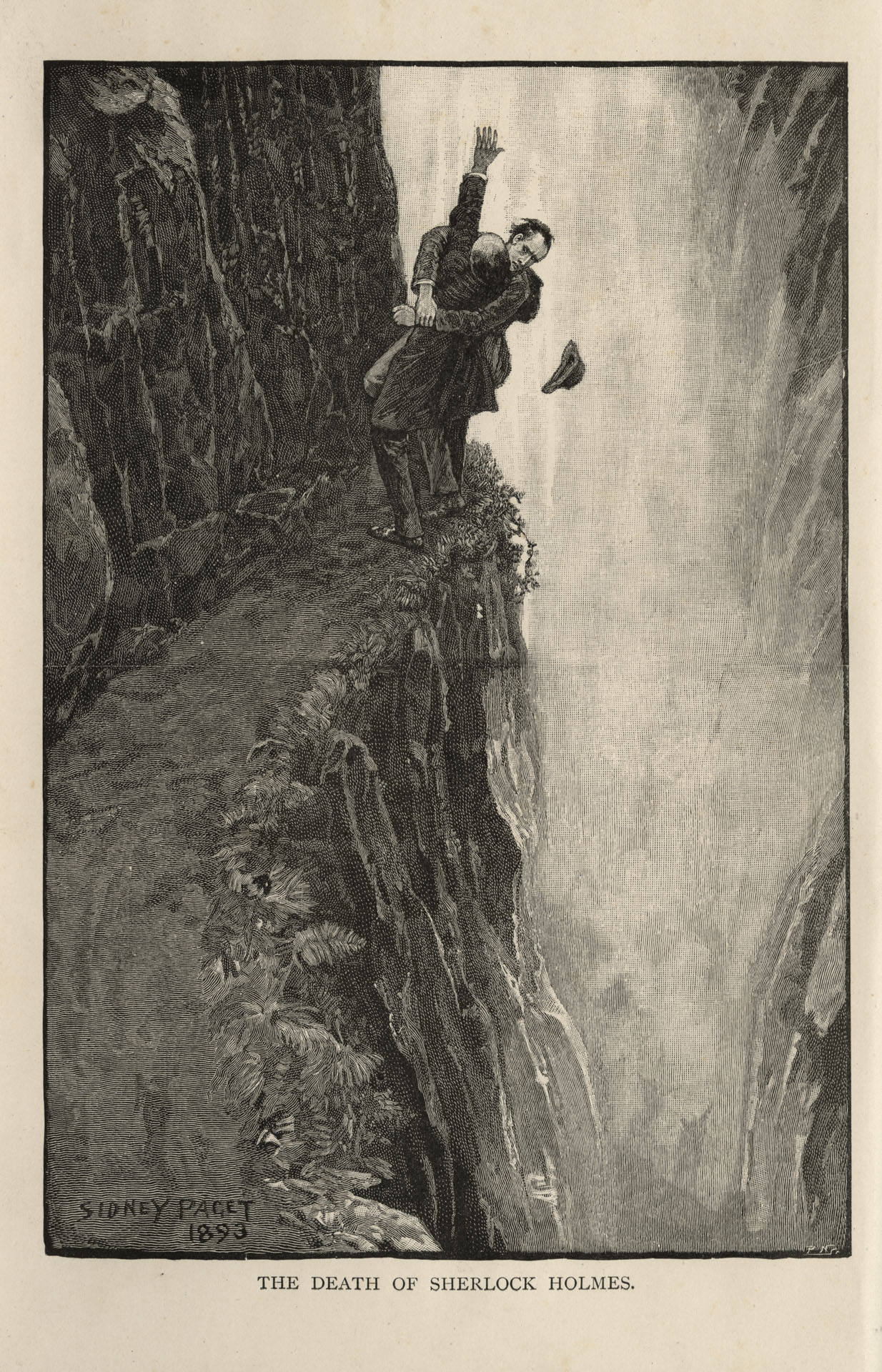James Burke, the Johnson & Johnson CEO whose leadership during the early 80s Tylenol scare elevated ethics over profit, died last week.
In giving a talk to a group in Boston, I emphasized his story as an example in ethical leadership that we need to see more of today.

In 1982, when several poisonings had been linked to Tylenolcapsules, Johnson & Johnson Chairman Burke called for the removal of all forms of Tylenol from every store in the country. Although Tylenol accounted for $100 million annually, Burke demonstrated through his decision-making process that the public’s safety was the company’s first priority.
“As I look back on Tylenol,” Burke told me in an interview for my book, What Do You Stand For?, “I think that the only way we could have done what we did was to have all of the institutions that were affected by the Tylenol poisonings believe in us; whether it was the head of the FBI, the FDA or the people at the White House. There was no lack of trust about Johnson & Johnson. There was no thought that this was something that we were doing that was only in our own self-interest.”
I pointed out to the Boston group that we need more CEOs like James Burke who are willing to stand up before a shareholders’ meeting and explain why a $100 million loss is necessary in order to protect the public’s trust in a valued company.
During the Q&A, one individual raised his hand. “Of course you know, the company’s decision to pull Tylenol was made more for marketing purposes than integrity?”
“Excuse me?” I asked.
“Yes,” he continued, “the marketing department had ‘worked’ the numbers. It was a brilliant scheme.”
“A scheme?” I said. “You’re telling me that pulling Tylenolfrom every store in the country and replacing it several weeks later with a safer seal on the bottle costing the company $100 million dollars was a ‘brilliant marketing scheme’?”
“Yes,” this pinhead said with a straight face.
“This was a precedent-setting case,” I pointed out. “No one hadever faced a product-poisoning issue like this before, and you’re telling me that the CEO of Johnson & Johnson, the world’s biggest health care company, decided to roll the dice with $100 million dollars?”
That was the single most ridiculous statement I have ever heard at a conference talk. Fortunately, most of the people in attendance rolled their eyes, as well.
As chairman, how James Burke acted during that crisis represented one of the best examples of company accountability and placing the public’s well-being ahead of profits.
When I heard that Burke had died last Friday after a lengthy illness, I was reminded, all over again, how his leadership and decision-making skills had not only restored the public’s trust in a company, but inspired so many other companies to act as Burke did, chief among them, tobacco insider Jeffrey Wigand who credits Burke as a role-model of company integrity.
For his leadership, Burke was awarded the nation’s highest civilian award, the Presidential Medal of Freedom, in 2000.
Comments









